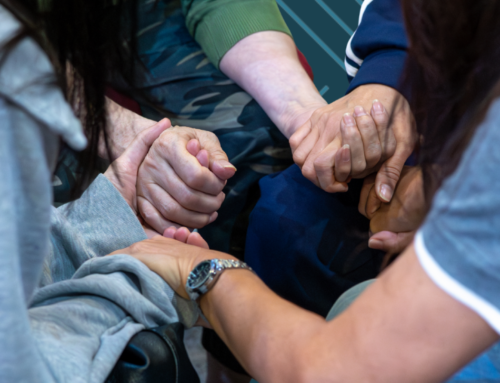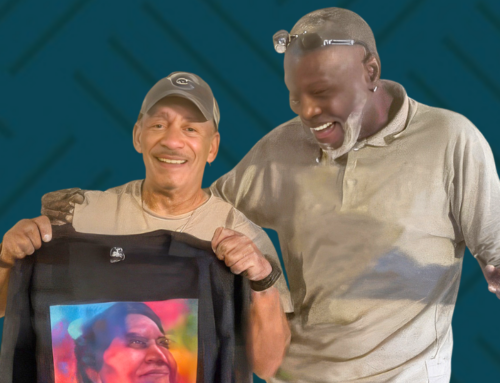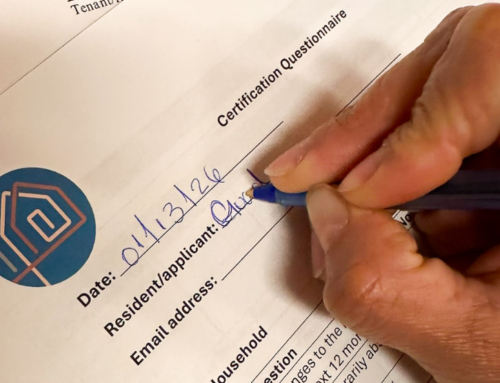 September 16, 1927. A Denver municipal judge finishes his last day in office, loads files from his cabinets into his car, and drives away. Shortly, he will commit a profound act of civil disobedience.
September 16, 1927. A Denver municipal judge finishes his last day in office, loads files from his cabinets into his car, and drives away. Shortly, he will commit a profound act of civil disobedience.
Stopping at the edge of town at 13th Avenue and Umatilla, the soon-to-be-former judge unloads his files from the car into a ditch. Heaped on the pile are legal records of every defendant who has ever appeared before him in court. In front of a small group of newspaper reporters, he sets the documents ablaze. A career is finished, official court documents go up in smoke, and justice for many will be preserved.
That judge was Benjamin Lindsey—a Denver street saint whose compassion led him to seek innovative approaches to pressing social problems, especially with juvenile criminal sentencing. At the turn of the 20th century, children in Colorado were tried and incarcerated no differently than adults. Courts sometimes sent them to “hard time” in harsh adult work camps, where they were traumatized and abused.
Judge Ben used to take nighttime walking tours through Denver’s poorest neighborhoods, deeply moved by the people that he met. Father Greg Boyle, a Jesuit priest who in our own time works with gang-involved youth, asks, “What if we stood in awe at the burdens people are able to carry, rather than in judgement of the way they carry them?” Ben, whose job was judgement, took the initiative to stand personally in the midst of the lives of his defendants, feel their burdens, and advocate on their behalf.
This heart transformation led Ben to create one of the first juvenile courts in the country in 1903. As Denver’s “Kids’ Judge,” he oversaw the court for over two decades. For Ben, justice was a matter of restoration—making things right—rather than simply a question of punishment.
So what was he doing burning public files on his last day in office? Isn’t that illegal? Certainly.
Judge Lindsey had run afoul of the Ku Klux Klan, who ruled Denver politics for much of the 1920s. As a result he lost his job in 1926, was falsely accused of corruption, and was disbarred. When he left the juvenile court, he was concerned that his files might be used against all those defendants—now adults—who had appeared before him during 23 years as Denver’s Kids’ Judge. Rather than let the documents fall into the hands of a Klan-sponsored judge, he destroyed them, putting his own career and legacy in jeopardy to erase the sins of young citizens and preserve their chance for a redemptive future.
Blessed are you Ben Lindsey, peacemaker and child of God; thanks to your labor of love, Denver children who have been “doomed to misfortune” (Isaiah 65) were given a second chance. Amen.
—Jeff Johnsen
Adapted from Beyond Our Efforts: A Celebration of Denver Peacemaking (available on Amazon and locally at the Tattered Cover Bookstore).

In Beyond Our Efforts, Mile High Ministries weaves reflections from contemplative Christian spirituality with community action and an abiding love not only for an urbanizing world, but for special people and places within one unique, beloved city. Blending local history and guided walks with prayer, liturgy, and best practices gathered from thirty years of community work, Beyond Our Efforts celebrates particular ways of being and seeing gleaned from the city from which Mile High Ministries takes its name: Denver, the Mile High City.






